The other day, I talked about Roguelikes and Roguelites and my definition and that there are a lot of different definitions out there, and… that reminded me that I had another topic for today to talk about: Finding games on Steam using Genres.
Genres generally tell you a lot about a game. I love management and base building games… I love roguelike/roguelite games… I love evil/villain protagonists… I search for a new Roguelite to play that may feature some cute pixel art and also chucked in that “Villain Protagonist” and that “Indie” tag as well… the game I found was Skul: The Hero Slayer and I really enjoyed it. Instant-buy. No regrets. Really loving it right now!
A lot of times, I find games using genres I like and I try to look for interesting titles. Sometimes, I check out Steam’s “Discovery Queue” as well, like today where I found out that Typhoon’s “Journey to the Savage Planet” came out already. That’s a game that I may or may not review eventually… Not too sure yet since it’s made by this guy and since I don’t want to pay him to be able to write about it (that’s a joke btw… I think).
But most of the times, I use genres to find my games on Steam… and while I say “genres”, I really mean tags. Tags on Steam are user-defined labels that are used to describe the product/game available on the platform. Lots of people use those tags to find games they may or may not like. In my case, Colony Sim, Base Building, Roguelike, Roguelite, RPG, Indie, Management, etc. are all tags that I would use for the sake of finding new games to play.
And while I love that it’s a thing and that users can use those tags to define a game and label it as something to encourage others to find that game… I’m not too sure how to feel about it all, completely. I’d be 100% on-board with it since I found great games through that… if it weren’t for the fact that these are user-defined tags.
As we figured out in the comment section of the Roguelite vs Roguelike post that I linked, a lot of times, definitions, tags and genres are based on players and games get chucked into the genre without the developers playing any part in it. Obviously, developers will have some tags in mind and apply them but if a lot of people think that a game is suddenly a “Colony Sim”, then it will be labelled as that… and when I look at Drake Hollow‘s steam page, I find that Colony Sim tag over there… which in my opinion doesn’t quite apply to the game. A lot of people that search for Colony Sims will expect something along the lines of Oxygen Not Included or RimWorld… but the parts that resemble Colony Sims in Drake Hollow… are the little drakes that you have to take care of. It’s not the same thing, obviously.

And that’s just one of the flaws that Steam has that sometimes lead to some bad events, like in the case of Drake Hollow, where a lot of players ended up sending in bad reviews because the genres are weird. The labels or tags for the game that users defined were misleading people into thinking that this game’s actually a colony sim even though it isn’t necessarily. Other people mentioned “Agriculture”, for instance, which is kind of true but it’s not actually true. I mean, you have Agriculture in the game but it’s not like Drake Hollow is similar to games like Stardew Valley, Harvest Moon, or Atomicrops.
Tags can be misleading and some people misuse them. When Drake Hollow launched, people would rate badly and give it a negative review based on the genres/tags that were mentioned there… which is bad.
And I’m mentioning Drake Hollow so much over here because it’s a great game, in my opinion, and since I noticed on the discord that the developer mentioned it somewhere that people probably confused the genres somehow. It’s not a major dealbreaker for them, though, it’s just a bummer that you have to go through that after the stress of launch and everything.
Alas, a suggestion for Valve: Keep tags user-defined but let Developers approve them first.
The system probably works similar to that but it can still be rather misleading for users and it can result in bad experiences and reviews for people expecting something else.
Another example would be Grounded which is tagged as “Horror” and “Cute” in the same way. I hate the spiders a lot in that game… but I don’t see how a game is tagged as “Cute” and as “Horror” at the same time, you know?
It’s a weird system and I just don’t like it really… I’d rather have a system where developers have control over it to a degree… but users still can define them in a way… But I guess that’s going to be hard to implement.
What do you guys think? Do you think that this is an issue? Do you know any games that have some super stupid tags in them? Let me know!
Cheers!



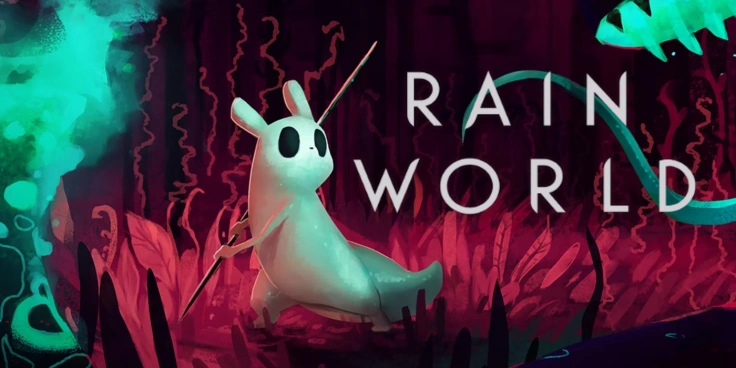


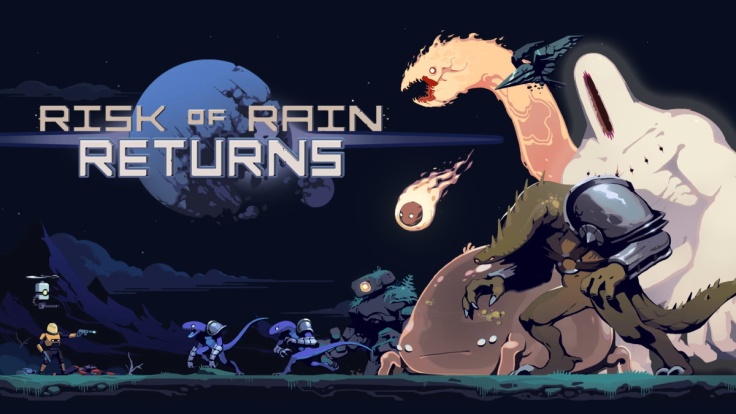
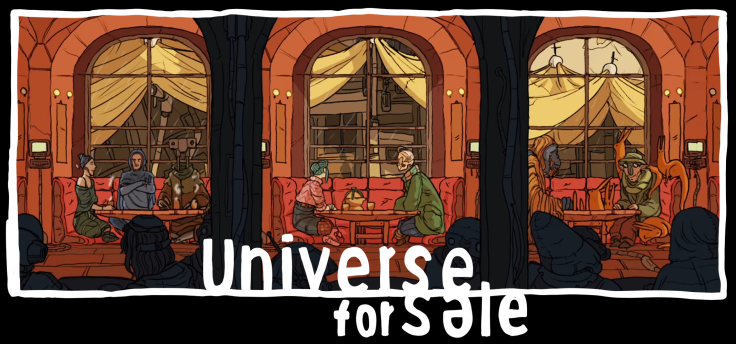
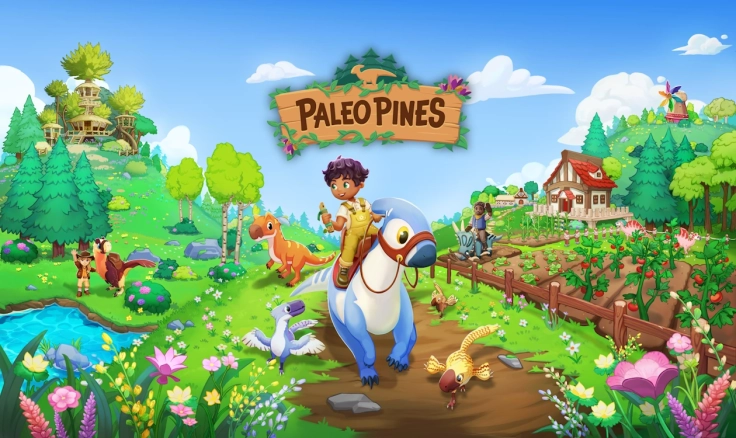
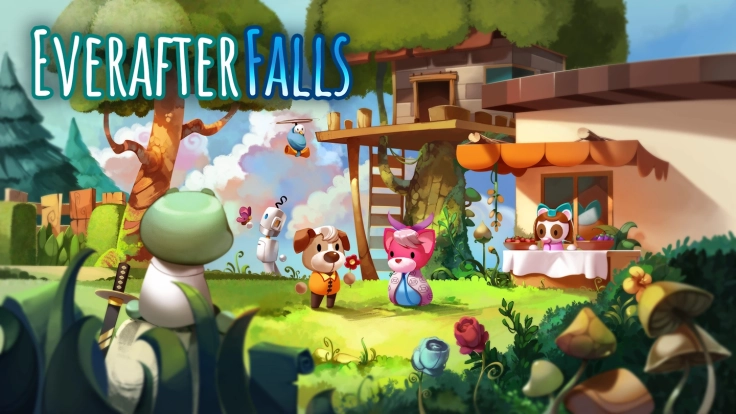
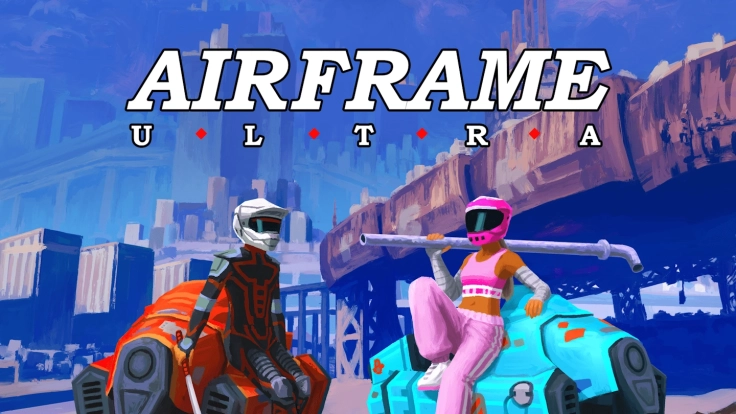






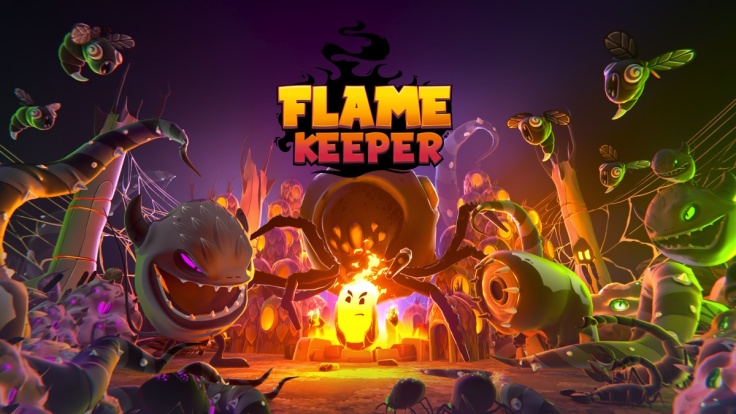

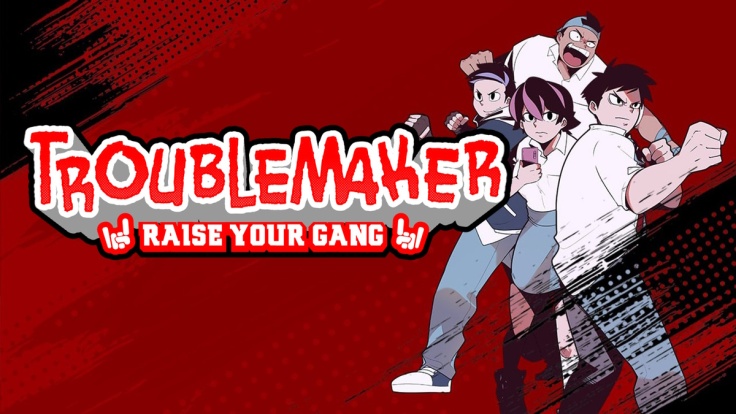
Hehe, you just talked about a few things that I was about to mention in my third reply in our genre-conversation. Just a quick heads-up: I agree with almost everything you said here, but I think this is one of the big problems with the roguelike genre/tag. It’s too complicated, and people aren’t even sure what it means. It’s like you said, most of it is “personal preference”. That’s fine, but when trying to objectively classifying stuff, “personal preference” should not be an issue.
Anyway, more on that in my next reply, but I’m not sure if I’ll get around to do that today, so you’ll have to have a bit patience.
See ya’ later, Indiecator!
LikeLiked by 1 person
But in this post, “Roguelike” isn’t even the problem :D
LikeLiked by 2 people
I know, that’s why you get a less-than-500-word-reply xD
LikeLiked by 2 people
The most hilarious tag I saw was Disneyland Adventures tagged as horror when it was released.
It did soon disappear however, which made me wonder if devs/publishers could remove such tags if deemed irrelevant…
Personally I find the system difficult to navigate, every now and then I go to the RPG list to see any new games released, but most of what I see is not even an RPG, my recent browse popped up a puzzle game called Cyber Manhunt as no. 3 in the genre… So the system is flawed.
LikeLiked by 1 person
The system definitely is flawed, which is why I thought I’d talk about this. Thanks for sharing your experience! :)
LikeLike